Election 2022: Pathways to LGBTQ Victory
For the first time in history, every state and territory in America has an out LGBTQ candidate seeking political office.

For the first time in history, every state and territory in the United States has at least one out LGBTQ person seeking elective office in this year’s midterm elections, according to a recent report from LGBTQ Victory Fund, an organization that advocates on behalf of more equitable LGBTQ political representation.
This first-of-a-kind milestone was achieved when a record number of out LGBTQ candidates — 1,065 in total — announced their candidacies for various offices ranging from Congress down to local town councils and school boards. At least 678, or about 60% of those candidates, won their primaries and will appear on November’s general election ballot.
While the number of candidates varies by locale, California boasted the most LGBTQ candidates this cycle, with 178 out individuals seeking office, while Mississippi and the U.S. Virgin Islands each only had one out LGBTQ candidate launch a campaign.
In 2020, LGBTQ candidates set a record, with 336 out LGBTQ people being elected to public office. To surpass that record, about half, or 49.7% of this year’s candidates would have to win.
Both Alaska and South Dakota are on track to elect their first-ever LGBTQ state lawmakers this year, which would leave only Mississippi and Louisiana as the two states never to have an LGBTQ individual serve in the state legislature. To achieve total parity in political representation, relative to the percentage of the population that LGBTQ people comprise, the United States would have to elect over 35,000 more out individuals to public office.
“We’ve got a record number [of LGBTQ people] not only running for office, but for state legislatures,” says Sean Meloy, vice president of political programs for LGBTQ Victory Fund.
Meloy points to the record number of 416 known LGBTQ people seeking state legislative seats. “That is where our rights are very much being discussed,” he says, “whether it is what is talked about in classrooms concerning LGBTQ people and their families, what curriculum is being set, nondiscrimination laws, or how much of a right to privacy people have in their personal lives.”
Meloy, who ran in a Democratic primary for an open congressional seat in Pennsylvania earlier this year, believes that the increase in LGBTQ candidates overall is motivated by two factors: frustration with anti-LGBTQ rhetoric currently being directed at the community, and the victories of other LGBTQ candidates in past election cycles, which have helped foster the idea that LGBTQ can successfully run for public office –- even in states that don’t have a history of LGBTQ representation, such as those in the Deep South.
Recalling his own campaign, Meloy notes that the political system is very much stacked against people who have not traditionally served in public office, including, but not limited to LGBTQ people, younger people, those who grew up in middle-class or working-class families, and people of color.
“We very much need to get those people into office in order to change that system and make sure our government actually looks like the people it’s meant to represent,” he says. “Consistently, people will say, ‘You can’t win because…’ But they can’t say that after we win. That’s why it’s important that folks step forward to run, and LGBTQ Victory Fund is happy to help them do that.
“Win or not, any LGBTQ candidate stepping forward is helping to change hearts and minds, is helping to educate people on our issues and showcase that people should come out and be proud of who they are,” Meloy adds.
“We have always said representation is power. Being more visible, whether it’s running for office, being more visible in communities, being more visible in the media, has helped contribute to the environment where people do feel they can step up to help make sure that those hard-fought gains [in equal rights] stay in place. Because I do think that we’re very much on a knife’s edge between progress and moving backwards.”
According to LGBTQ Victory Fund, a record number of trans and nonbinary candidates — 72 — have sought office this cycle. Sixty-six will appear on the ballot in the general election, and of those 66, three would make history if elected, becoming the first out transgender or nonbinary individuals elected to the Minnesota or Montana legislatures.
Another, James Roesener, of New Hampshire, could potentially become the first transgender man elected to a state legislature, while Stephan Kinglsey, a candidate for the Tempe Union School District Governing Board, would be the first trans man elected to any office in Arizona history, according to the LGBTQ Victory Fund.
“For years, trans and nonbinary people have been under attack, and currently being used as a wedge by bigots in a lot of different elections. Trans and nonbinary folks also know that they are highly under-represented, even within our community, and that needs to change,” says Meloy. “We need more voices to help combat these anti-trans and anti-LGBTQ pieces of legislation and rhetoric.”
Meloy notes that a record number of people — 82 in total –- are seeking seats on school boards, an increase over the previous cycle, when 43 sought office. Asked whether school board candidates are under more intense scrutiny, particularly at a time when far-right politicians have cast pro-LGBTQ advocates as “groomers” or sexual deviants seeking to “corrupt” or “indoctrinate” children, Meloy says those running recognize the toxic atmosphere they may face, but are running in spite of it.
“The folks running for school board are doing it to help make sure that their community has an education system that prepares children for the 21st century,” he says. “They’re not running specifically to push a pro-LGBTQ agenda. It’s largely the bigots, who want these folks to lose, who are lifting up these attacks, these lies that are just absolutely vicious, in order to defeat LGBTQ candidates, as well as our allies. They’re targeting us specifically, not only as candidates, but in the rhetoric they’re using to try to turn out this bigoted minority of voters, to try to get them over the top.”
While at least 1,065 candidates sought office this year, only 497 netted an endorsement from LGBTQ Victory Fund, the majority of whom — at least this cycle — are millennials in their 30s and 40s.
To earn a Victory Fund endorsement, a candidate must be an out LGBTQ person, must believe in the fundamental right to privacy, including being at least nominally pro-choice, which perhaps explains, given current political trends, why nearly 9 in 10 LGBTQ candidates seeking office this year ran as Democrats, while only 4.5% ran as Republicans.
Beyond a basic litmus test, endorsed candidates must also have presented a viable path towards victory, including demonstrating an ability to raise enough money, and spend it wisely, to keep their campaigns competitive.
“Our endorsement is really a stamp of approval, to help make sure that our donor network, as well as our partner network, know that this is a really great opportunity to advance LGBTQ equality, as well as a candidate in whom they should invest. We then work to leverage those partnerships on their behalf,” says Meloy.
“When it comes to a Victory-endorsed LGBTQ candidate, we are endorsing only people who share the values that we need to protect the right to privacy, that are going to make sure that they’re bringing the full weight of their decision-making when it comes to LGBTQ issues and will fight passionately to help make sure that we’re advancing equality,” he adds. “Especially in this moment, when LGBTQ people are under attack and the right to privacy is very much under attack, an LGBTQ candidate endorsed by Victory Fund is going to fight for those values and is going to be better than the alternative.”
Meloy points to Kris Mayes, a Democrat running to be Arizona’s next attorney general, as an out LGBTQ candidate running a note-perfect campaign against a 2020 election denier.
“Kris let us know early that she was interested in running for this position,” he says. “We talked to her a while ago about what that could look like, she helped make sure that her primary was largely won, so that she could really be building for the general election. She has consistently had great messaging to talk about why it’s important you have an attorney general who’s actually going to uphold the law. She has run a really strong race and I think outperformed so many people’s expectations.”
Despite the anti-incumbent fervor and the ascendancy of some anti-LGBTQ political figures during a year that looks unfavorable for many Democrats, Meloy is hopeful that 2022 won’t see a decrease in LGBTQ representation. As an example, he points to Congress, where LGBTQ candidates in swing districts, such as Minnesota Congresswoman Angie Craig, Kansas Congresswoman Sharice Davids, and New Hampshire Congressman Chris Pappas, performed better than their straight counterparts in similar districts in both 2018 and 2020.
“We’re definitely going to be the bellwether, whether or not we still have a pro-equality majority,” Meloy says. “But if we were to sadly lose folks or decrease our numbers, I think there are a lot of factors you can point to. It is a redistricting year as well, and that is a factor in a lot of these things.
“But I think that it is very important, after we see the final results, to look at the data on who persevered where, what arguments were used against them, and how we, as a movement, can make sure we are continuing to educate people so they understand the attacks being lobbed against us are pure lies. No matter what happens, that’s going to be an important post-election activity, not only to make sure that more people continue to step forward to run, but also to make sure that our movement can change this idea that our community can be used as a wedge and as a political weapon.”
Despite the difficulties that come with running for public office, Meloy encourages more LGBTQ people to get involved in the political process, and notes that LGBTQ Victory Fund can serve as an ally as they attempt to push for positive change in their local communities. He also encourages all LGBTQ people to exercise their right to vote.
“This year’s election is going to be about turnout,” he says. “This is a midterm election. LGBTQ people are now a [significant] percent of the population that can really impact elections, so any LGBTQ person needs to get out and vote, because our rights are very much on the ballot.”
For more information on The Victory Fund and the candidates it supports, visit www.victoryfund.org
Support Metro Weekly’s Journalism
These are challenging times for news organizations. And yet it’s crucial we stay active and provide vital resources and information to both our local readers and the world. So won’t you please take a moment and consider supporting Metro Weekly with a membership? For as little as $5 a month, you can help ensure Metro Weekly magazine and MetroWeekly.com remain free, viable resources as we provide the best, most diverse, culturally-resonant LGBTQ coverage in both the D.C. region and around the world. Memberships come with exclusive perks and discounts, your own personal digital delivery of each week’s magazine (and an archive), access to our Member's Lounge when it launches this fall, and exclusive members-only items like Metro Weekly Membership Mugs and Tote Bags! Check out all our membership levels here and please join us today!




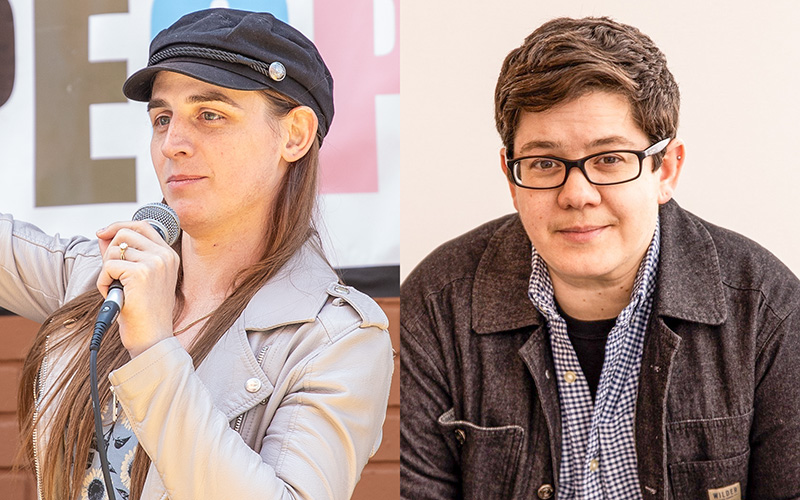
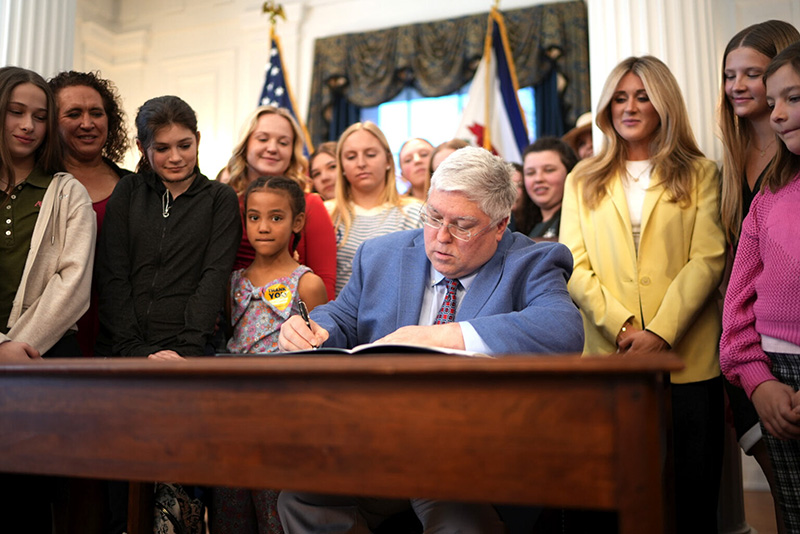














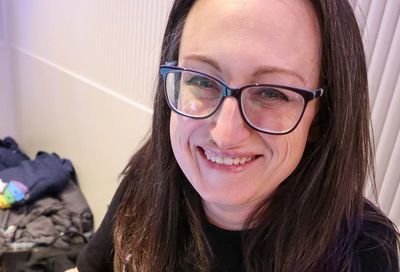
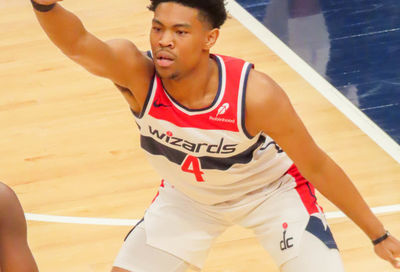
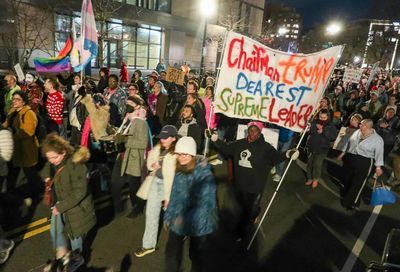
You must be logged in to post a comment.